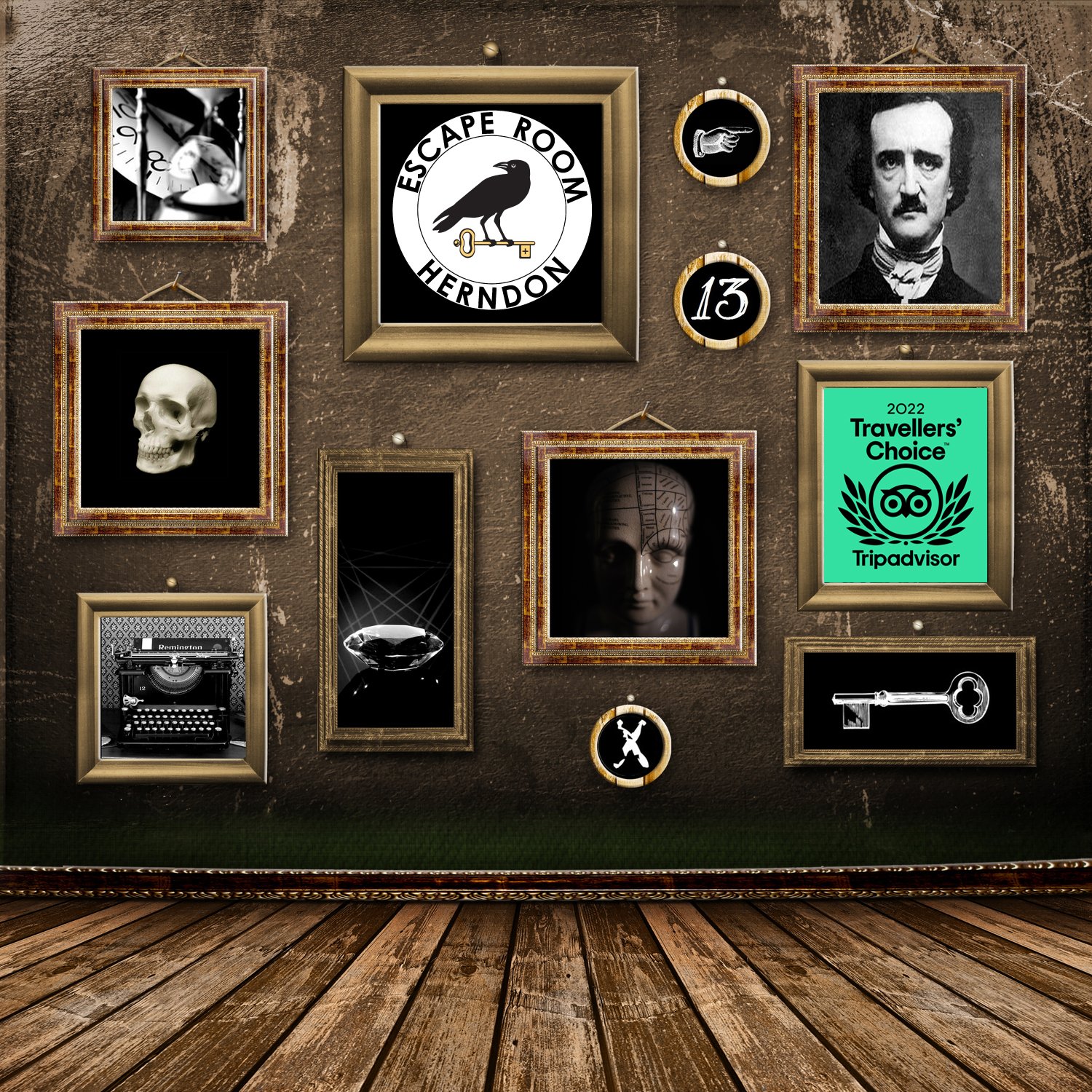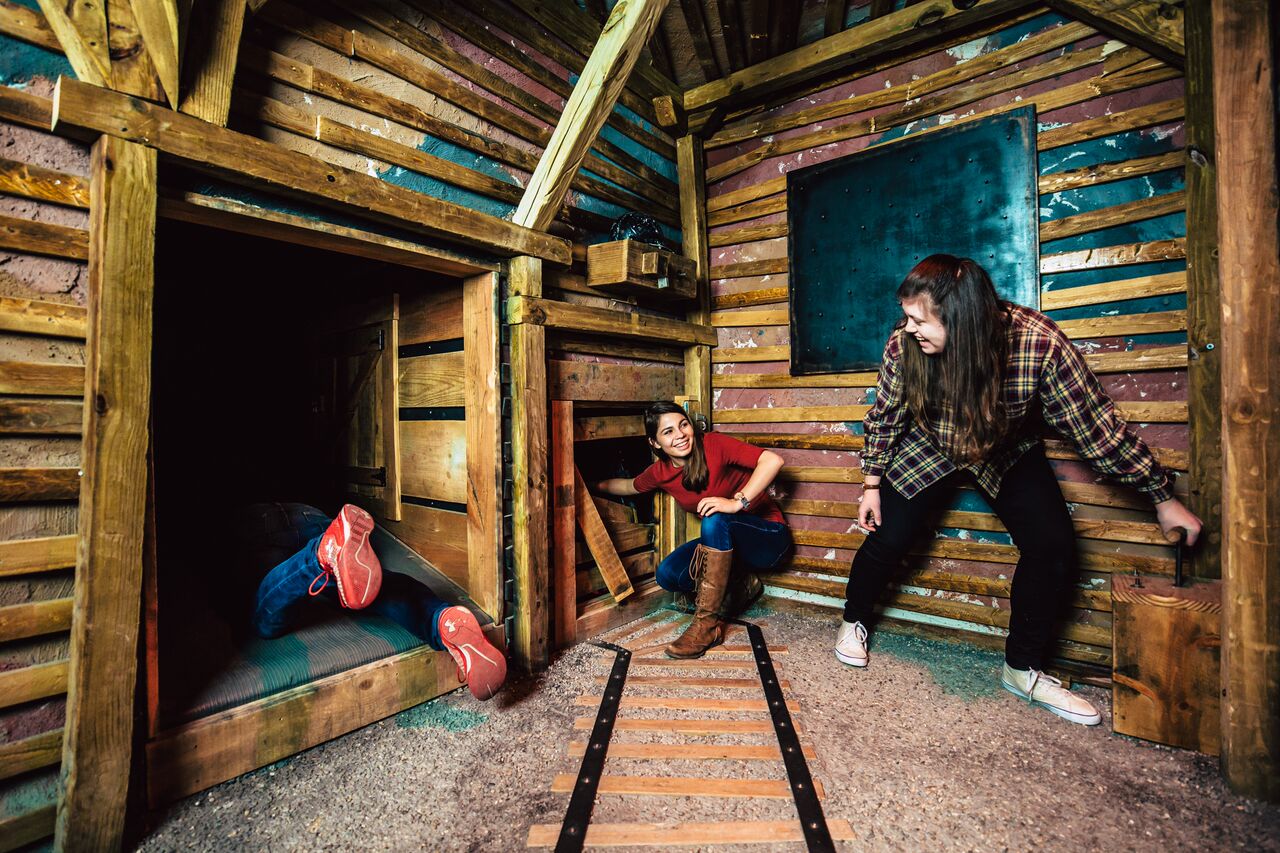Thrilling Escape Room in Minneapolis Mall of America-- Get Now
Thrilling Escape Room in Minneapolis Mall of America-- Get Now
Blog Article
Team Approaches: Just How to Collaborate Effectively in an Escape Area
Groups should proactively listen to each participant's insights, designate roles that line up with specific toughness, and preserve regular check-ins to make sure focus and prevent redundancy. By fostering an atmosphere that values cohesion and versatility, teams can substantially increase their performance and success rates.
Establish Clear Interaction

To promote clear interaction, it is crucial to assign a central point of contact for details circulation. Short, concentrated updates from each team participant can keep the group educated without frustrating them with details.

Appoint Duties Purposefully
While clear communication sets the structure for reliable teamwork, appointing functions tactically makes certain that each staff member's toughness are used successfully. In a retreat area situation, the time-sensitive and intricate nature of challenges necessitates an efficient approach to task delegation. By determining and leveraging specific proficiencies, teams can enhance their analytical capabilities and boost overall performance.
First, analyze the unique abilities and characteristics of each individual. A person with an eager eye for detail might excel in discovering hidden things, while a sensible thinker might be much better fit to resolving problems. It's equally essential to have a leader who can manage development, take care of the timeline, and make decisive telephone calls when needed. This duty commonly calls for solid organizational and social abilities.
Second, make sure that duties are flexible and adaptable. As new difficulties arise, the team has to be able to pivot, reapportioning tasks as needed. This versatility assists maintain momentum and prevents bottlenecks that could occur as a result of stiff role assignments.
Eventually, a tactical strategy to function project not only makes best use of the strengths of each employee however additionally promotes a cohesive setting, driving the group in the direction of an effective escape.
Use Diverse Skills
Acknowledging and utilizing the diverse abilities within your group can considerably raise your efficiency in an escape space. Each staff member brings distinct strengths to the table, and properly leveraging these capabilities can accelerate analytical and improve general performance. A group participant with solid analytical skills may stand out at figuring out intricate codes or patterns, while one more with eager empirical capacities may rapidly detect linked here concealed hints that others could overlook.
Motivate team members to voice their insights and ideas quickly, making sure that all potential services are taken into consideration. Furthermore, appointing tasks that align with each participant's staminas can avoid traffic jams and make certain that development is continual.
Moreover, variety in abilities usually converts to diversity in thinking styles, which is invaluable in a retreat space setting. While some challenges might call for logical thinking and accuracy, others might take advantage of imaginative and association of ideas. By identifying and leveraging this diversity, teams can resolve a broader variety of difficulties extra effectively, therefore enhancing their possibilities of an effective getaway.
Manage Time Successfully

Identify visible problems and separate tasks based on group participants' toughness, making sure that nobody is still. This technique can help maintain the team concentrated and protect against time from sliding away unnoticed.
Additionally, stay clear of passage vision. If a puzzle is taking too long, revolve staff member or go on to one more challenge, returning later on with fresh viewpoints. Communication is vital-- keep everybody upgraded on addressed problems and staying tasks to stay clear of repetitive initiatives.
Finally, use any kind of tips or hints moderately yet purposefully - best escape room. Recognizing when to request for aid can save valuable time. By sticking to these time monitoring concepts, teams can significantly improve their chances of an effective and satisfying escape area experience
Debrief and Reflect
Representation is an essential element of team development and improvement in the context of retreat areas. As soon as the challenge is finished, whether successfully or otherwise, it is vital for the group to participate in an organized debriefing session. This process allows staff member useful reference to assess their efficiency, recognize staminas, and determine areas for renovation.
Start the debrief by discussing what worked out. Highlight certain circumstances of reliable interaction, analytic, and partnership. Acknowledging view these favorable behaviors strengthens them and urges their repeating in future difficulties.
Discuss moments of complication, miscommunication, or inadequate strategies. Motivate an open and useful dialogue where team members can share their perspectives without fear of criticism.
Conclusion
In final thought, effective partnership in a getaway space is asserted upon clear communication, tactical function tasks, the effective application of diverse abilities, and skillful time administration. By developing a natural and flexible group environment, the probability of effectively addressing problems and accomplishing the purpose of getting away the area is dramatically improved.
Report this page